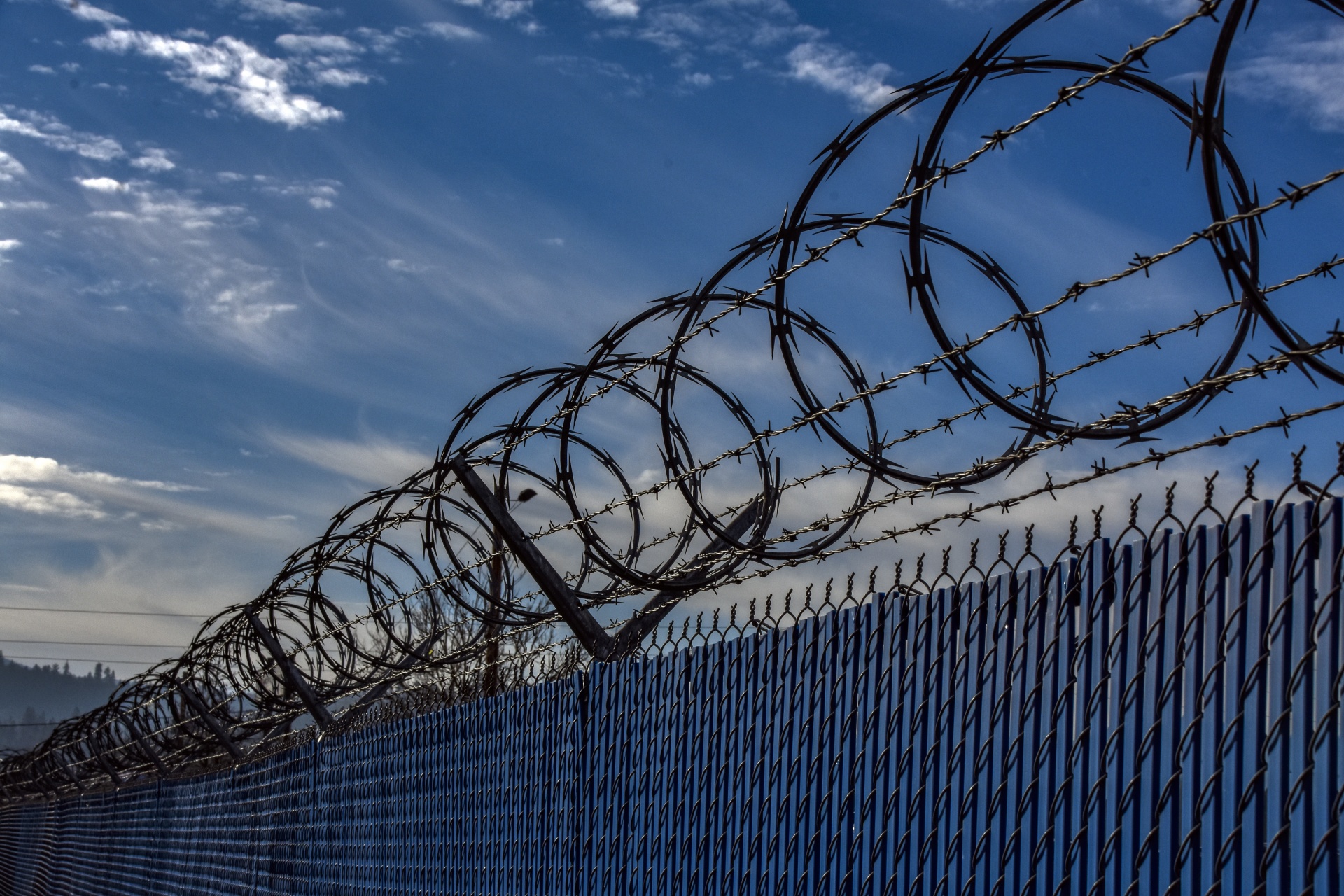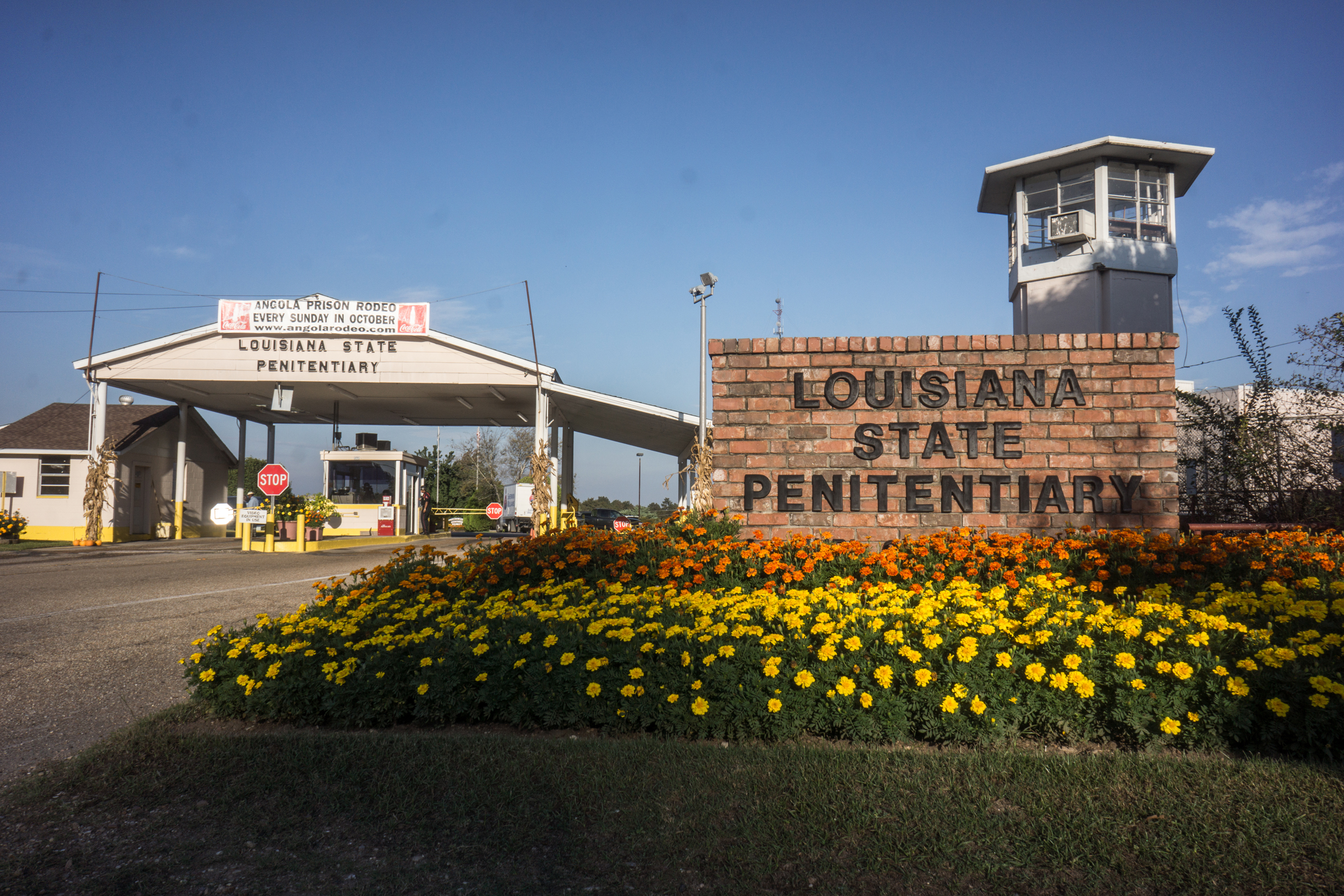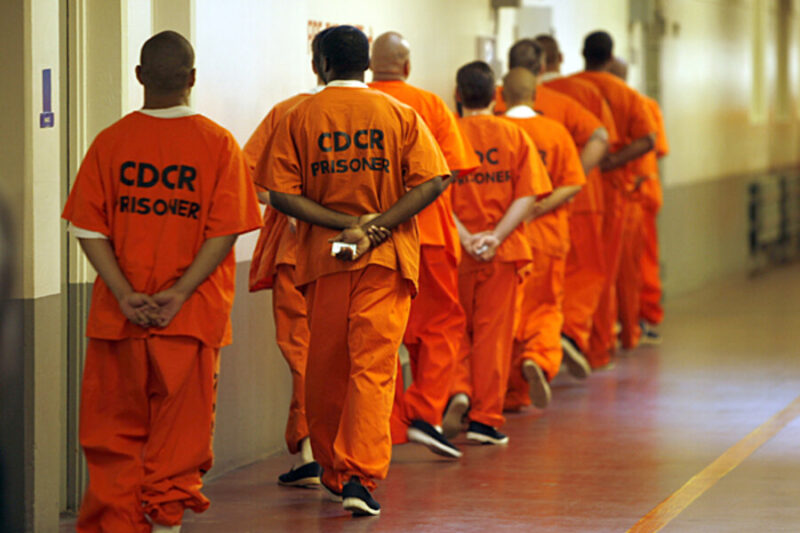By: Emma Leslie and Matilda Wethington
The issue of prison overcrowding is a serious concern. Instead of diverting funds and spending to improve the conditions, prisoners are exploited by large companies for cheap labor. In Louisiana, the number of incarcerated individuals is disturbing when compared with other states. For every 100,000 individuals in Louisiana, there are 1,094 human beings in prison, which is nearly double the national average of 664. The rate at which people are going to prison did not improve during the Covid-19 pandemic; instead, it has gotten worse. Rather than allocating funds for other resources they are building new prisons instead.

Due to mass incarceration, prisons are largely overcrowded
The statistics clearly show that the number of people in prison has been steadily increasing over the years. Louisiana’s situation is concerning because the state has the highest rate of incarceration in the United States. Conditions inside prisons, like the well-known Angola prison, are very tough. The rooms are overcrowded, the food is not good to eat, and there are not many opportunities for prisoners to earn money or participate in activities that provide entertainment. In Angola prison in Louisiana, for instance, the prisoners are forced to deal with extremely hot temperatures without air conditioning and it is hard for them to regulate their body temperature. Anthony Hingle Jr., who spent 32

The outside of Angola Prison (Photo by Giles Clarke/Getty Images)
years in Angola without any air conditioning, described the situation: “Most of the men tried to get cool by sleeping on the hard floor. Some got fans, but it only felt like it was blowing hot air around.” This treatment goes against the Eighth Amendment which says that people should not be subjected to cruel and unusual punishment. It is clearly cruel and unusual to withhold air conditioning in a prison that is already overcrowded and in a knowingly hot climate like Angola. Unfortunately, this problem is not limited to Angola or Louisiana. Many prisons across the country are being built without the necessary things to take care of prisoners properly because the focus is on saving money instead of respecting basic human rights.

Prison overcrowding in California
Louisiana is not the only state dealing with this crisis. Other states, like Kentucky and Georgia, are building new prisons in remote, low-income areas as a way to fuel their economies and to help with the previously existing overcrowded prisons. Right now, there are 13 prisons being built, and the total cost is a huge $1.6 billion for the whole country. This cost doesn’t even include the money needed to run the existing prisons, which adds to the financial burden. Every year, we spend $80 billion on prisons alone, and a big part of that money could be used for programs that help people get back on track instead of putting potentially innocent people in jail. According to statistics, 60-70% of prisoners nationwide are innocent. If we didn’t pressure innocent people to take plea bargains in order to unclog the court systems, we would not need to build all these new prisons and the money spent could go towards more support systems to keep people from being kept under a harsh system that has proven to be unsuccessful.
This piece is part of an on-going series from Professor Betsy Weiss’s class, “Punishment and Redemption in the Prison Industrial Complex,” which is offered through Tulane University’s School of Liberal Arts Young Public Scholars (YPS) Program, a pre-college summer program designed specifically for the emerging social justice advocate.
 NOLAbeings Multimedia artist Claire Bangser created NOLAbeings as a portrait-based story project that marries...
NOLAbeings Multimedia artist Claire Bangser created NOLAbeings as a portrait-based story project that marries...  Voodoo in New Orleans: Reviving history: New Orleans fortune telling This article takes a deep dive into the history of Voodoo in New Orleans, its hybridization with Catholicism, and its present-day place in the city's culture. The author visits fortune-tellers in the French Quarter, using their guidance as a tool for introspection rather than a deterministic predictor of the future. Through her experiences in New Orleans, the author feels a mystical connection to both the past and the future.
Voodoo in New Orleans: Reviving history: New Orleans fortune telling This article takes a deep dive into the history of Voodoo in New Orleans, its hybridization with Catholicism, and its present-day place in the city's culture. The author visits fortune-tellers in the French Quarter, using their guidance as a tool for introspection rather than a deterministic predictor of the future. Through her experiences in New Orleans, the author feels a mystical connection to both the past and the future. 
I commend you for addressing the pressing issue of prison overcrowding in your post. It is truly disappointing to see funds and resources diverted away from improving conditions in prisons, making the problem worse. Big companies exploiting incarcerated people for cheap labor while playing Geometry Dash Meltdown only adds another layer of concern to an already complex problem.